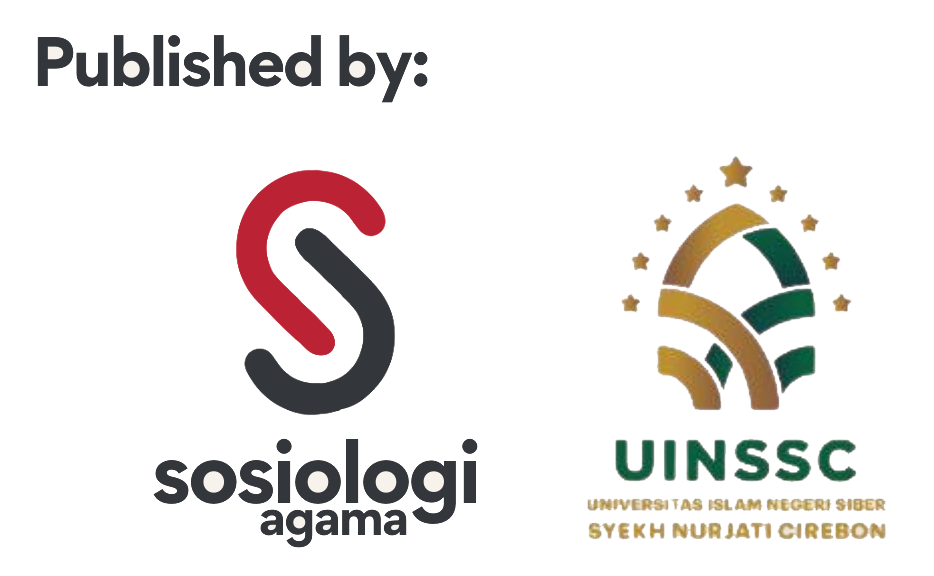Solidaritas Sosial pada Tradisi Haul Akbar dan Nyekar di Mayahan Grobogan Jawa Tengah
DOI:
https://doi.org/10.24235/kzsd2355Keywords:
Collective consciousness, SolidarityAbstract
Javanese traditions and culture that exist in Indonesia not only make a difference in people's lives but also have an influence on religious beliefs and practices that are carried out. In this context, the celebration of haul and the tradition of nyekar in Javanese society has cultural and religious values such as mutual cooperation and a sense of togetherness and values in society based on local wisdom. The community in Mayahan village, Grobogan Regency, Central Java, who still carry out these activities with the aim of increasing their relationship with God and establishing friendship with fellow Muslims who live in the village. The purpose of this study was to determine the socio-economic changes that occurred in Mayahan village during the celebration of the grand haul and to analyze the role of the nyekar and haul akbar traditions on community solidarity. This descriptive qualitative research uses the theory of Emile Durkheim's Social Solidarity. The results show that the changes that have occurred since the last five years in the celebration of the akbar haul have made the Mayahan village community directly relate to the God of the universe (hablum minallah) as well as relationships with fellow humans (hablum minannas). In addition to getting closer to God, and increasing the solidarity of Muslims, haul and nyekar are forms of collective consciousness (collective awareness) from the local community to pay homage to figures who are considered meritorious. The socio-religious life carried out by the Mayahan community can increase community solidarity and loyalty.
Downloads
Downloads
Published
Issue
Section
License
Copyright (c) 2023 Journal of Religion and Social Transformation

This work is licensed under a Creative Commons Attribution-NonCommercial 4.0 International License.







